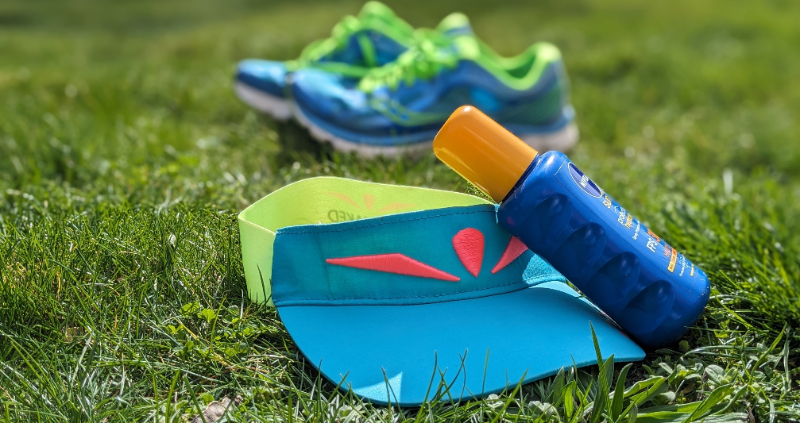3 questions
by Archy
(Lichfield )
1. Is the 180-age formula the actual HR I should try to achieve or is it 80% of that figure?
2. Using the above formula is very one size fits all. I have been running for about 5 years and although I have been off running for around 18 months I did maintain my fitness using a local gym. I am now running again using MAF. Surely my MHR is going to be higher than someone of the same age who is just starting?
3. How does anxiety affect HR, sometimes just looking at an oncoming hill can raise my HR.
Nicole's reply:
Hi Archy
In answer to your questions:
1. Is the 180-age formula the actual HR I should try to achieve or is it 80% of that figure?
180 - Age is you max MAF heart rate and you should aim to always be below it whilst MAF base training. There are some exceptions so please see this link. The 180 Formula
2. Using the above formula is very one size fits all. I have been running for about 5 years and although I have been off running for around 18 months I did maintain my fitness using a local gym. I am now running again using MAF. Surely my MHR is going to be higher than someone of the same age who is just starting?
This is a question that often comes up. Here is a Dr Phil Maffetone quote taken from the above link: Over time, I began piecing together a mathematical formula, using as a guide the optimal heart rates in athletes who had previously been assessed. Instead of the 220 Formula—220 minus the chronological age multiplied by some percentage—I used 180 minus a person’s chronological age, which is then adjusted to reflect their physiological age as indicated by fitness and health factors.
3. How does anxiety affect HR, sometimes just looking at an oncoming hill can raise my HR.
Anxiety certainly affects HR, as does stress, lack of sleep, caffeine and temperature to name a few. Your HR changes because of and in response to those external factors.I too can look at a hill and get stressed and see my HR jump. I find if I don't look up the hill, then I can maintain my MAF HR. So in my case it is a case of learning to deal with and minimise that anxiety. With other issues, such as temperature, you just have to accept that on a hot day, you might need to run slower. When it becomes a more important issue, is when you are constantly anxious or stressed and your HR remains elevated for long periods.
I hope all that makes sense :).
